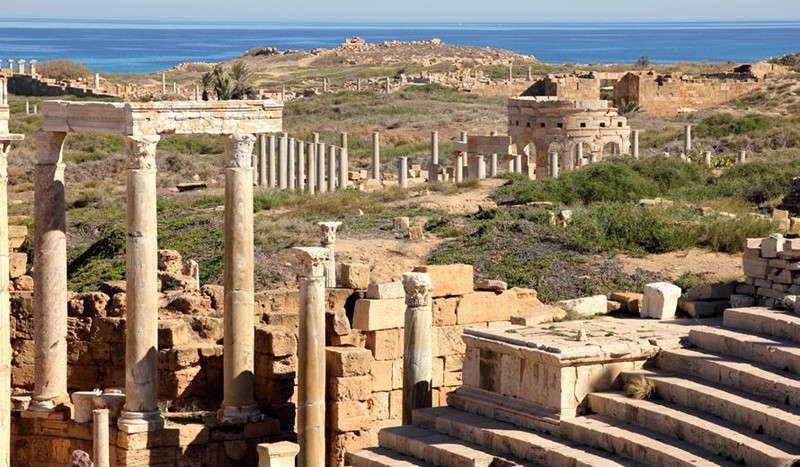
Paris, 19 October—On 21 October, UNESCO will host a high-level ResiliArt debate, “Celebrating 15 years of Diversity and Creativity” (2pm – 3.30pm Central European Summer Time, CEST), to reflect on developments in the culture sector over recent years and examine new policies and economic models that can favour diversity and resilience post COVID-19.
The event commemorates three milestones: the 10th anniversary of the International Fund for Cultural Diversity (IFCD), the 15th anniversary of the UNESCO Convention on the Protection and Promotion of the Diversity of Cultural Expressions (2005 Convention) and the 40th anniversary of the UNESCO Recommendation Concerning the Status of the Artist (1980 Recommendation).
These instruments have served as roadmaps for policymakers and cultural professionals around the world. Through them, UNESCO has also provided knowledge-sharing and training opportunities to partners with a view to supporting the emerging culture sectors in the global South. Lockdown measures and the closing of cultural spaces continue to erode income and endanger the livelihoods of cultural professionals, most of whom lack social and economic safety nets, which makes these UNESCO instruments particularly relevant.
The debate will bring together Deeyah Khan, UNESCO Goodwill Ambassador for Artistic Freedom and Creativity (Norway), Nabil Ayouch, film and television director, producer and writer (Morocco), Ferne Downey, actress and President of the International Federation of Actors, IFA, (Canada), Didier Awadi, rap musician (Senegal), and Shirley Campbell Barr, writer and poet (Costa Rica). The debate will be moderated by France24 television journalist Valériane Gauthier (France).
Panellists will explore a new, more resilient economic system for the creative sector, drawing on lessons learnt and taking into account needs and ways to reinforce the status of artists and cultural professionals.
The ongoing crisis calls for answers to fundamental questions such as artists’ access to social security protection, fair remuneration, artistic freedom, and funding for culture, all of which are underlying principles covered by the 1980 Recommendation, the 2005 Convention and the IFCD.
The high-level event is part of the UNESCO ResiliArt movement, a series of virtual debates with artists and cultural professionals that raises awareness of the impact of the COVID-19 crisis on the cultural and creative industries.


